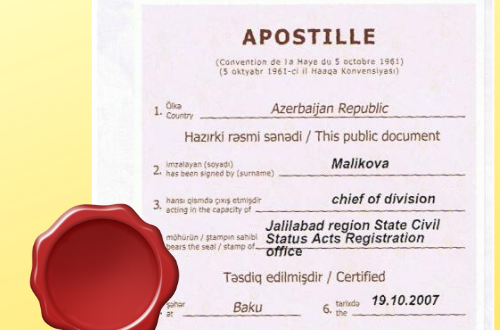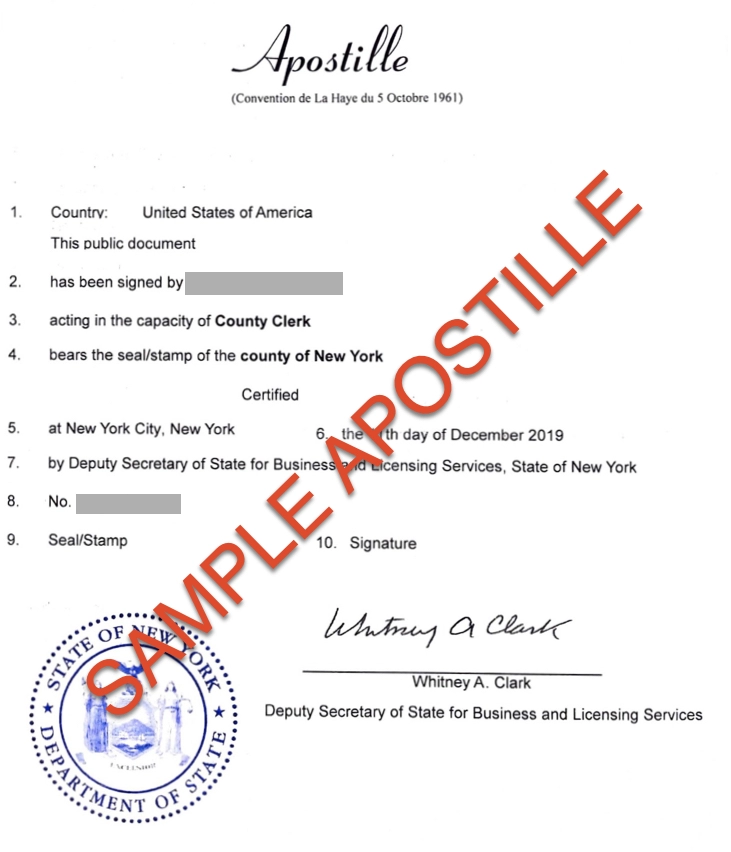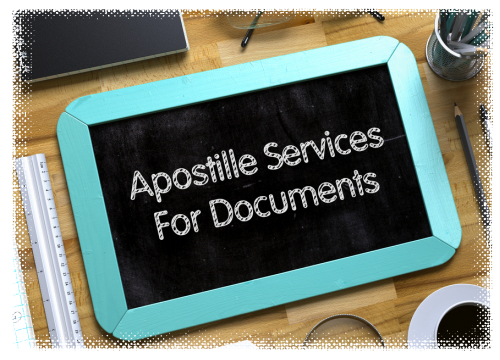Looking Into the Reasons Behind the Obligatory Demand of Apostille Accreditation for Legal Papers
In the realm of legal paperwork, the necessary demand of apostille accreditation has become a vital element that substantially affects the credibility and recognition of legal documents on a worldwide scale. Understanding the rationale behind this necessity entails diving into the intricate internet of lawful complexities, historical precedents, and global arrangements that highlight the significance of apostille certification in today's interconnected globe. By checking out the underlying reasons behind this extensive requirement, a more clear image arises of why this apparently administrative process holds such tremendous relevance for federal governments, individuals, and companies alike.
Historic Evolution of Apostille Qualification
Just how did the concept of apostille accreditation progress over time to come to be a vital component of international paper recognition? The demand for a simplified method of verifying papers for usage throughout boundaries came to be noticeable as global trade and travel enhanced.
At first embraced by a couple of European countries, the Apostille Convention progressively obtained global acceptance due to its efficiency and performance in validating the authenticity of main documents. Over the years, the convention's reach expanded as more countries joined, acknowledging the apostille as a globally approved type of paper verification. Today, apostille qualification has actually ended up being a conventional requirement for verifying lawful papers in worldwide deals, guaranteeing smooth communication and lawful process in between nations.
Simplifying International Paper Legalization
The streamlining of worldwide record legalization treatments has actually considerably improved performance in cross-border transactions. Simplifying the procedure of legislating documents for worldwide usage has actually become vital in facilitating swift and seamless deals between countries. Among the key mechanisms that have actually added to this simplification is the fostering of the Apostille Convention, which provides a standardized technique for verifying the authenticity of files across getting involved countries.
By sticking to the Apostille needs, countries consent to identify each other's public documents as valid without the need for additional legalization. This gets rid of the prolonged and commonly difficult process of several authentications by different authorities, conserving time and sources for businesses and people participated in global tasks.

Making Sure File Authenticity and Legitimacy
To make sure the credibility and legitimacy of legal documents in global deals, strict confirmation procedures are vital - Houston Apostille. Legal papers play a crucial role in cross-border ventures, and ensuring their authenticity is vital to support the integrity of such transactions. By requiring apostille qualification for legal documents, authorities aim to confirm the origin of records and confirm the trademarks of people included. This procedure helps protect against scams, misstatement, and other negligences that could jeopardize legal procedures or global agreements.
Additionally, validating the authenticity of legal papers via apostille certification improves depend on and self-confidence among events taking part in international transactions. It offers guarantee that the records offered are genuine and lawfully binding, thereby decreasing the check these guys out dangers connected with illegal tasks. Additionally, guaranteeing file credibility via apostille certification simplifies the legalization process, making it more trustworthy and reliable for people and companies performing organization throughout boundaries. Ultimately, by maintaining stringent confirmation standards, apostille certification adds to an extra clear and safe and secure worldwide legal structure.

Assisting In Cross-Border Legal Acknowledgment
In the world of worldwide transactions, the apostille certification not only ensures the credibility and legitimacy of legal documents yet additionally plays a critical role in facilitating cross-border lawful acknowledgment (Houston Apostille). When legal documents bear an apostille certificate, they are conveniently accepted by foreign authorities without the demand for additional verification. This structured process expedites the acknowledgment of files in various nations, promoting performance and decreasing governmental difficulties in legal issues that transcend nationwide limits
Facilitating cross-border lawful acknowledgment with apostille certification fosters count on and self-confidence in the authenticity of records exchanged in between countries. This acknowledgment is particularly crucial in scenarios such as global company purchases, adoption procedures, or lawful proceedings entailing parties from various jurisdictions. By sticking to the standards set forth by the Apostille Convention, countries agree to honor the apostille seals fastened to documents from other participant countries, thus simplifying the procedure of legal recognition throughout boundaries. Ultimately, the apostille qualification works as a basic tool in promoting useful source smooth global legal collaboration and making certain the smooth operation of cross-border transactions.
Conformity With International Treaty Requirements
Conformity with worldwide treaty standards is important for ensuring the consistent application of lawful policies across getting involved countries. The Apostille Convention, developed in 1961, describes the requirements for official statement the approval of public files among participant countries.
The Apostille qualification, as mandated by the treaty, acts as an assurance of authenticity for documents such as birth certifications, marriage licenses, court judgments, and notarized acts. This standardized approach aids avoid fraudulence and makes sure that legal documents originating from one participant country are conveniently accepted in an additional. Furthermore, by adhering to worldwide treaty standards, nations show their commitment to promoting the principles of openness, count on, and participation in legal issues on a global scale.
Verdict

In the world of legal documentation, the required demand of apostille qualification has become a necessary facet that significantly impacts the legitimacy and acknowledgment of legal papers on a global range. Today, apostille certification has ended up being a common demand for validating legal papers in international deals, making sure smooth communication and legal proceedings between nations.
Additionally, validating the credibility of lawful papers with apostille accreditation improves depend on and self-confidence amongst events involving in worldwide deals.In the realm of international transactions, the apostille certification not just makes certain the credibility and credibility of legal files but also plays a pivotal duty in promoting cross-border lawful recognition. By adhering to the criteria established forth by the Apostille Convention, countries agree to honor the apostille seals affixed to files from other participant countries, thus streamlining the procedure of legal acknowledgment throughout borders.